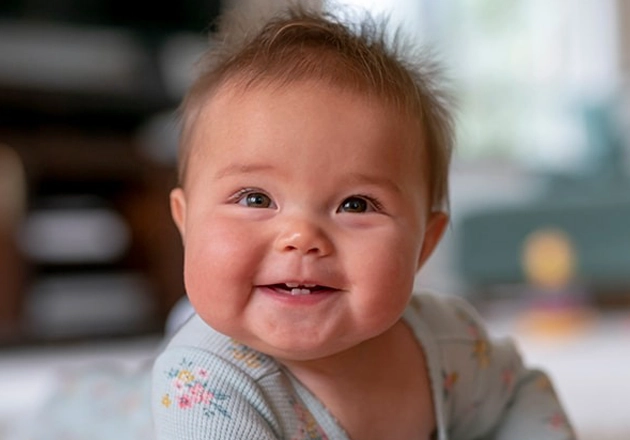
When To Start Going To the Dentist Coronado, CA
Parents are often unsure when to begin routine dental visits. Unfortunately, there are many myths about childhood dental care. These myths are often confusing and misleading. Pediatric dentists provide the full story. A pediatric dentist offers checkups, cleanings, and dental advice for parents.
Pediatric dentistry is available at Coronado Dentistry & Pediatrics in Coronado and the surrounding area. Our team prepares your child for a healthy start. We can answer any of your questions and support your child through their first dental visit. Call us at (619) 435 6231 to learn more about our services.
When to Schedule the First Dental Visit
Children should see a dentist once their first tooth erupts. The first tooth usually appears around 6-8 months. If a tooth does not appear, children should see a dentist by age 1. Early dental visits offer many benefits and can help children avoid lifelong tooth troubles.
Parents often delay visits until their child is weaned or until the children have all their baby teeth, but this decision poses serious health risks. Some childhood dental problems can develop early on. A qualified dentist can spot these issues in their early stages. They also provide helpful guidance for parents. A pediatric dentist can let parents know what to expect from teething, weaning, and more.
When a Child is Overdue for a Dental Visit
Many parents have not been informed of the importance of early dental visits. Parents who put off a child’s first dental visit, need to make sure to schedule a dental visit as soon as possible. It is also important to let the dental provider know that this will be the child’s first visit.
Tell the office team how old the child is and how many teeth they have. Provide background information about the child's diet and habits. If the child uses a pacifier or sucks their thumb, let the provider know. This data helps the dental team create a treatment plan. With the right background information, a dental provider can help the child catch up on their dental care.
The Benefits of Routine Dental Care
Preparing for Dental Visits
Many toddlers are nervous about their dental visit. It is important to reassure children that the dentist wants to help keep their mouth healthy. Maintain a friendly, upbeat attitude about dental care. Keep in mind that if a parent seems nervous, children will likely reflect those feelings.
Some parents find it helpful to watch TV shows or read books that deal with dental visits. It may also be helpful for the parents to discuss their dentist visits with their child. Knowing what to expect helps children stay calm in the dentist's chair.
Before a dental visit, call the office and ask for preparation tips. The office team may want the child to brush and floss before the appointment, but some dentists prefer to work on an unbrushed mouth. The office team can explain the dentist's preference and will also inform the parent on the documentation to bring to the appointment.
Recognizing Dental Issues
Children should be regularly inspected for dental problems or signs of decay. Delaying treatment can allow the problem to worsen. Without care, the child may develop an oral infection or severe tooth decay. In worst-case scenarios, the child may lose a tooth, or the infection might spread. Many children develop cavities. They might find it painful to eat or drink, or their cheek might swell. Parents might also notice dark spots on their child's tooth. Report these symptoms to their dentist right away. If a child has a cavity, it must be filled right away to prevent further complications in the roots and bone.
Diagnosing dental problems in babies and toddlers can be tricky. Older children can let parents know they are in pain, but younger children may struggle to verbalize the problem. Parents can help by watching for changes in the child's eating or drinking habits. Tell the dentist if the child is doing more sucking, drooling, or chewing than usual. Always report any mouth injuries to the dentist right away. These can be signs of a serious injury or infection.